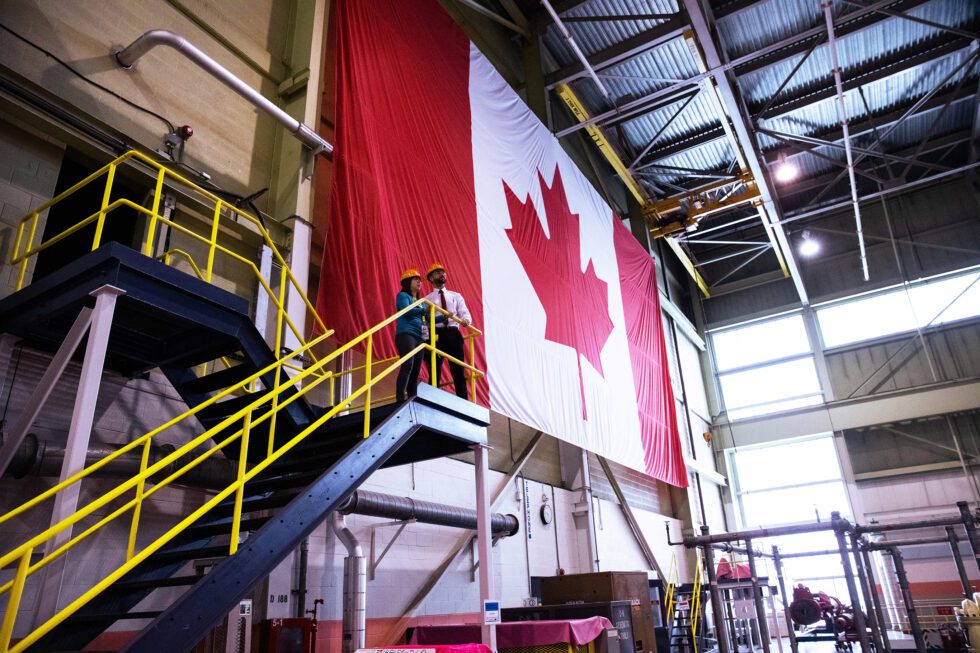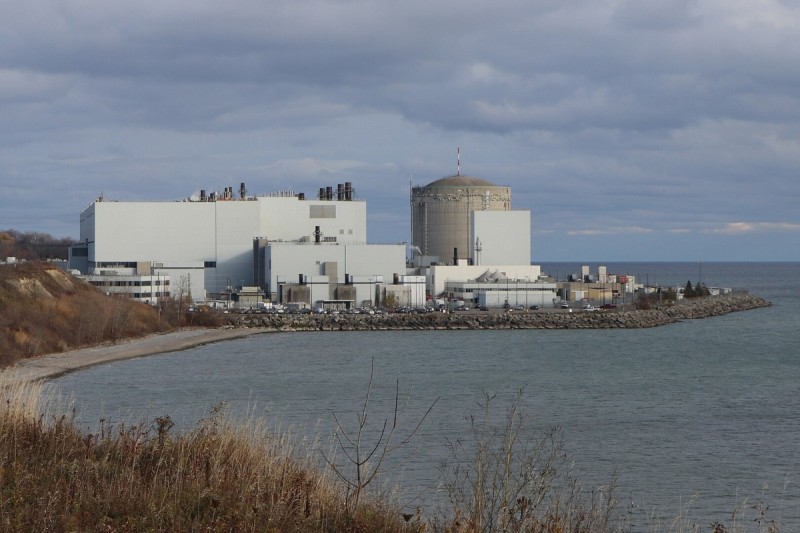The latest Speech from the Throne states plainly that “we cannot afford to wait” for action on the climate crisis.
The same urgency can be found in the most recent report from the International Panel on Climate Change (IPCC) which makes abundantly clear the need for drastic action. The language used by the report—widespread, rapid, undisputed—is stunning when we remember that it is the product of both international and interdisciplinary consensus. Scientists from sixty-six countries including China, India, Chile, and Canada all agree: humanity needs massive collective action.
While the federal government is talking about the need for urgent and dramatic action, their spending and revenue plans have failed to match the rhetoric. Massive spending will require massive revenues far beyond carbon taxes.
Among the most important, and underused, tools in the toolbox is a wealth tax.
Carbon taxes aren’t enough
While the carbon tax is important, it is not sufficient. As currently designed, the carbon tax lets too many large emitters off the hook. As a consumption tax, the carbon tax is also regressive, meaning it hits lower income people harder than those with higher incomes.
Even if better designed, the carbon tax would still be too little. By putting a price on carbon, the carbon tax offers a market-based mechanism, which makes much of the political opposition to the tax very confounding. However, the social transformation needed to sufficiently cut emissions cannot be achieved via markets.
Tax credits aren’t enough
Among the few measures in the 2021 federal budget intended to address the climate crisis was a tax credit for development of carbon capture technologies. Like carbon taxes, business tax credits are justified by a market-based logic. By reducing expected tax costs, credits are supposed to entice innovation and investment. However, much of what must be done to confront the climate crisis offers little hope of revenue, let alone profit. High levels of uncertainty means that even generous tax credits will do little to entice sufficient private sector investment.
Additionally, by putting our hope on private sector innovation, we implicitly rely on intellectual property rights that would restrict access to new technologies. Any technological innovation that can efficiently reduce levels of atmospheric carbon needs to be widely deployed, not restricted for greater profit.
In order to counter business uncertainty, and to ensure that innovations are in the public domain, we need government investment.
A wealth tax is overdue
For decades, a carbon subsidy kept high-emission products overly cheap. The higher a consumers’ income, the more benefit they derived. However, consumers were not the only beneficiaries. The carbon subsidy lowered the cost of production, which made possible high profit margins, and/or increased sales volumes. The beneficiaries of these distortions were corporations and their owners.
Unfortunately, Canada lacks long-term data on wealth distribution. However, data for the United States shows worsening wealth inequality since the early 1980s. In 2020, the Parliamentary Budget Office estimated that Canada’s wealthiest 1% own 26% of the country’s net wealth. A portion of that outsized wealth was subsidized by cheap fossil fuels. We can think of a wealth tax as a progressive way of pricing past emissions.
If the government spends what needs to be spent transforming our economy, the money will provide incomes to workers and revenues to businesses. Portions will be syphoned off to the wealthy in the form of interest and dividends. A wealth tax will provide revenue to the government and help to prevent the wealthy from becoming needlessly wealthier as an outcome of the climate struggle.
The latest estimates show that a modest wealth tax of 1% on fortunes over $20 million, 2% over $50 million, and 3% over $100 million would generate about $20 billion in revenue.
Reconciliation and wealth
In the Throne Speech, the government identified our resource wealth as a means to act. It said, “this is the moment for bolder climate action”. It also made commitments to protect nature by partnering with First Nations, Inuit, and Métis peoples. But the government failed to acknowledge that much of the resources of Canada are on Indigenous lands.
The history of resource extraction in Canada is one of violating Indigenous jurisdiction and despoiling their lands. While Indigenous communities endured the costs, the wealthy reaped the benefits. Resource extraction companies have paid out hundreds of billions in interest and dividends, which overwhelmingly go to the wealthiest Canadians. A few have prospered at the cost of many suffering.
Canada owes an enormous debt to the Indigenous nations that share these lands. A wealth tax offers a way to address that debt in a just manner.
There is hope in solidarity
Although the latest IPCC report is harrowing, it also offers hope. The report’s authors tell us that we can limit the climate crisis with immediate and aggressive action to reduce carbon emissions.
The Throne Speech asserted that we can grow the economy and protect the environment. Indeed, Canada is in a prime position to help lead a global effort at a just transition.
We certainly have the expertise in energy, transportation, construction, manufacturing, agriculture, and other industries that will need rapid, substantial transformation. Indigenous nations have long experience and deep knowledge of ecological stewardship. In partnership with these nations, we can mobilize resources in a just, sustainable manner.
But we have to stop pretending that a few meagre, market-based initiatives will get us where we need to go. Justice and fiscal responsibility both demand a wealth tax as part of the federal government’s fight against climate change and its harms.





